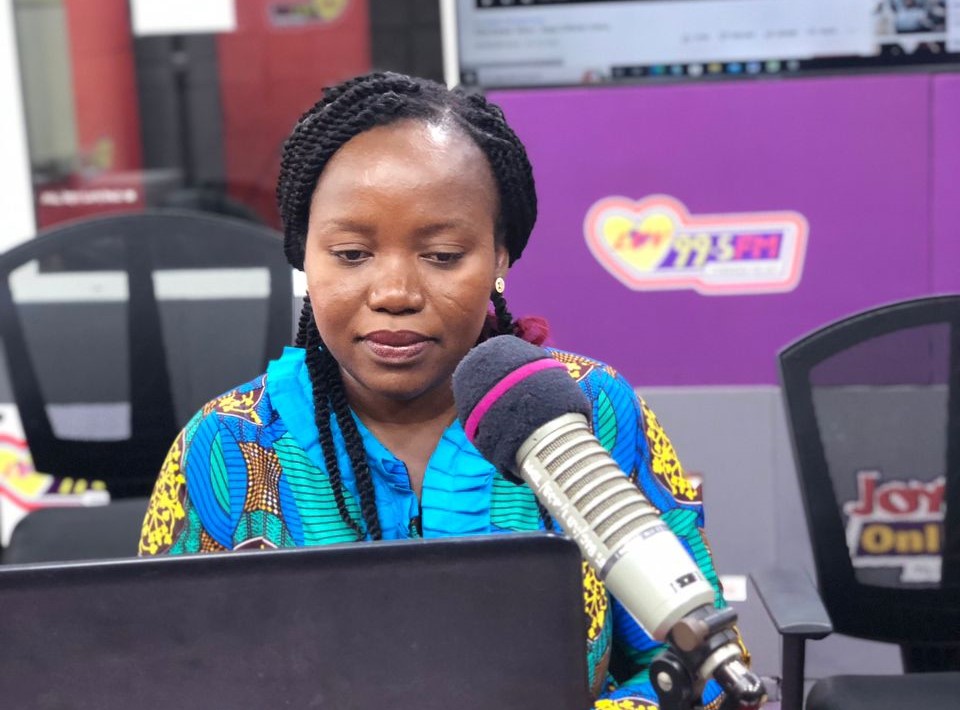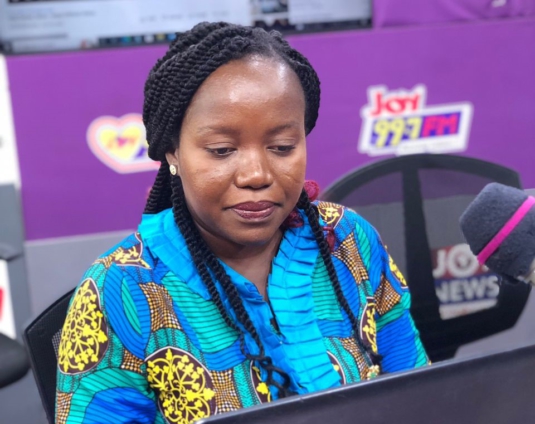The Ashanti regional office of the National Population Council (NPC) has been operating without electricity for the past two years.
Regional Director, Mercy Adomaa Besseah, laments work has been tough because the office also lacks operational vehicles, computers and other office equipment.
The NPC was established in 1994 as the highest statutory body to conduct research and advise the government on population matters.
The Council has a strong advocacy role to promote the goals and objectives of the National Population Policy, the Growth and Poverty Reduction Strategy (GPRS II) and the Programme of Action of the International Conference on Population and Development (ICPD).
The NDC office in Ashanti region is however starved of the needed resources to be productive.
Speaking to David Akuetteh on Luv In The Morning on Luv Fm, Madam Adomaa Besseah noted that the under-resourced office is gradually contributing to the ineffectiveness of its workers.
“All the equipment is outmoded; they have broken down. Sometimes, working becomes difficult. We have the District Population Advisory Committee, however, as a result of financial constraints, we are unable to go down to the district level,” she said.
With a non-functional District Advisory Committee, the Council partners the Ghana Statistical Service to access data to be able to advise the government.

Poor planning with population
According to Mercy Adomaa Besseah, there has been no proper planning with population figures previously.
This has resulted in the infrastructural disparities in the health and educational sectors.
“When you visit our health centers, one doctor services about 500 patients. How will the doctor find time for you? The situation is the same in our schools. A teacher handles over 100 students. An example is the Free SHS programme. The student numbers are huge. You will find that student discipline is low, what are we training?” she quizzed.
A factor contributing to the growing population is teenage pregnancy.
Currently, the Ashanti Region leads in the prevalence of teenage pregnancy.
Young girls in mining communities are often victims who have little knowledge about sexual reproductive health.
Mercy Adomaa Besseah wants education and sensitization intensified in such communities to curb the menace.
“Let them know the consequences of such acts. If not, the dependency ratio also increases. Often you will find that the victim also has five other siblings who are also pregnant,” she said.
Yet community outreaches done by the National Population Council has been challenging.
Latest Stories
-
George Twum-Barimah-Adu pledges inclusive cabinet with Minority and Majority leaders
17 mins -
Labourer jailed 5 years for inflicting cutlass wounds on businessman
17 mins -
Parliament urged to fast-track passage of Road Traffic Amendment Bill
18 mins -
Mr Daniel Kofi Asante aka Electrician
19 mins -
Minerals Commission, Solidaridad unveils forum to tackle child labour in mining sector
24 mins -
Election 2024: Engagement with security services productive – NDC
25 mins -
Retain NPP for the good of Ghana – Rebecca Akufo-Addo
25 mins -
‘Let’s work together to improve sanitation, promote health outcome’ – Sector Minister urges
26 mins -
Ellembelle MP cuts sod for six-unit classroom block at Nkroful Agric SHS
29 mins -
‘I’ll beat the hell out of you if you misbehave on December 7’ – Achiase Commanding Officer
32 mins -
AFPNC leads the charge on World Prematurity Day 2024
38 mins -
Court remands unemployed man over theft of ECG property
44 mins -
Election security rests solely with the police – Central Regional Police Command
46 mins -
NCCE engages political youth activists at Kumbungu on tolerance
46 mins -
‘In Mahama’s era students lacked chalk, but are now receiving tablets’ – Bawumia
56 mins

